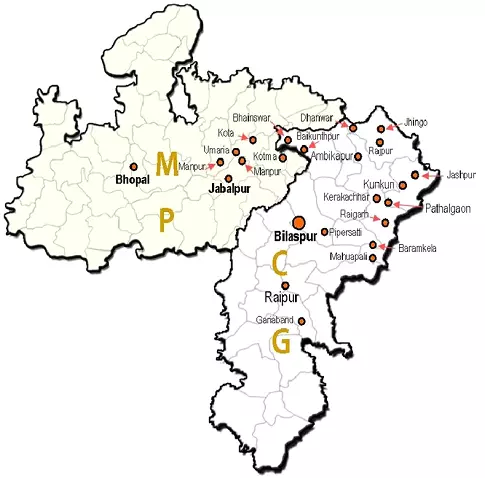VISION
Prophetic Companions of Jesus for the Mission of Reconciliation and Justice
MISSION
As prophetic companions of Jesus, we commit ourselves to the mission of God, received from the Church through Pope Francis as Universal Apostolic Preferences 2019-2029 ‘to announce His Gospel of hope’ (GC 35, d. 2,13) to all, especially to the poor, marginalized, tribals, dalits, women, youth and children. The path we walk with the poor is one that promotes integral liberation (Gutiérrez, Gustavo, 1971. Teología de la liberación) through reconciliation with the divine, humans and nature in pursuit of justice. We, along with our collaborators, uphold and promote the spiritual, cultural, environmental, social, economic, civic and political rights of people. We affirm people’s right to shape their destiny, to use their resources responsibly, and to create communities of “faith that does justice” (Peter Hans Kolvenbach). Our care for indigenous peoples, their cultures and their basic rights, occupies a preferential place in our commitment to reconciliation and justice in all their dimensions. We also resolve to care for the earth, our ‘common home’. Hence, we pledge ourselves for the following mission:
- To articulate in life and mission the Ignatian dynamics of a labouring God (Sp.Ex. 236) in our cultures and traditions, finding God in all things in a spirit of discernment and Magis to renew our prophetic presence in the heart of human history, working towards peace and reconciliation at all levels of the society.
- To rediscover the faith-journey of our Christian communities as living witnesses of personal and community religious processes, independent of social or ethnic pressure and conflict, that allow people to ask profound questions and to choose freely to follow Jesus, to belong to an ecclesial community, and to adopt a Christian lifestyle in spiritual, cultural, environmental, social, economic and political spheres.
- To ensure quality education, especially for the poor and the marginalized, that cultivates qualities of justice and peace, and concern for the other, protecting as well as promoting the human dignity, constitutional rights and duties of every person and community, irrespective of caste and creed.
- To accompany and engage ourselves consistently in the struggle for integral liberation of the marginalized and the excluded, namely, the indigenous peoples-tribals (especially Barelas, Gonds, Korwas, Kodakus, Nagesias, Oraons), the excluded and the discriminated communities – dalits (especially Gandas (Chauhans), Ghasias (Sarthys) and Satnamys) and minorities upholding their dignity, rights, traditional systems of governance through research, action oriented cultural, environmental and socio-political processes of the pedagogy of the oppressed (Freire, Paulo, 1970. Pedagogy of the Oppressed) along with community development in collaboration and networking with all people of good will.
- To accompany the young people in their search for truth and meaning of life by learning from their aspirations and hopes as we join in their struggles of self-realization, livelihood, employment, migration, displacement and human trafficking as well as their joys of collaboration in creating a hope-filled society of dignity and fraternity.
- To evolve, live and promote an alternative model of development that is sustainable by caring for the earth and protecting the environment from pollution and disaster in a consistent collaboration and networking with all.

